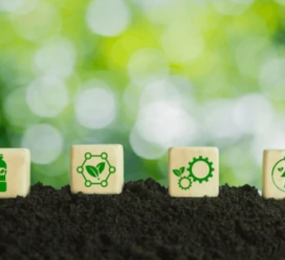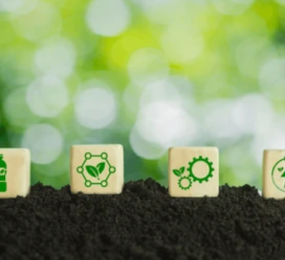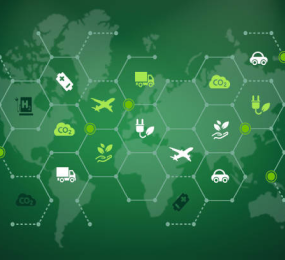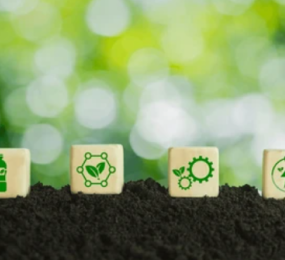Challenges in Scaling Up Biopolymer Production: Technological and Economic Barriers
The transition towards a more sustainable future necessitates the development of biodegradable and renewable materials. Biopolymers, derived from biological sources, offer a promising alternative to traditional petroleum-based plastics. However, scaling up biopolymer production faces significant technological and economic challenges that hinder their widespread adoption.
One of the primary technological obstacles lies in the complex and energy-intensive processes involved in biopolymer production. The extraction and purification of biopolymers from their natural sources often require sophisticated techniques and specialized equipment. Additionally, ensuring consistent quality and performance of biopolymers can be challenging due to variations in raw material composition and production conditions. Moreover, the development of biopolymers with properties that match or exceed those of traditional plastics is an ongoing area of research, particularly in terms of mechanical strength, durability, and thermal resistance.
From an economic perspective, the cost of biopolymer production remains a major hurdle. The raw materials used for biopolymer synthesis, such as agricultural residues or renewable feedstocks, can be subject to fluctuations in price and availability. Furthermore, the investment required for establishing biopolymer production facilities is substantial, and economies of scale often play a crucial role in reducing costs. The limited market size for biopolymers compared to traditional plastics can also hinder their economic viability.
Addressing these technological and economic challenges is essential for the successful scaling up of biopolymer production. Continued research and development efforts are needed to improve production efficiency, reduce costs, and enhance the performance of biopolymers. Collaborative partnerships between industry, academia, and governments can facilitate knowledge sharing, technology transfer, and policy support. Moreover, fostering consumer awareness and acceptance of biopolymers can help drive market demand and create a more favorable economic environment for their production.
Visit our website to know more: https://www.leadventgrp.com/events/3rd-annual-world-biopolymers-and-bioplastics-innovation-forum/details
For more information and group participation, contact us: [email protected]
Leadvent Group - Industry Leading Events for Business Leaders!
www.leadventgrp.com| [email protected]
















